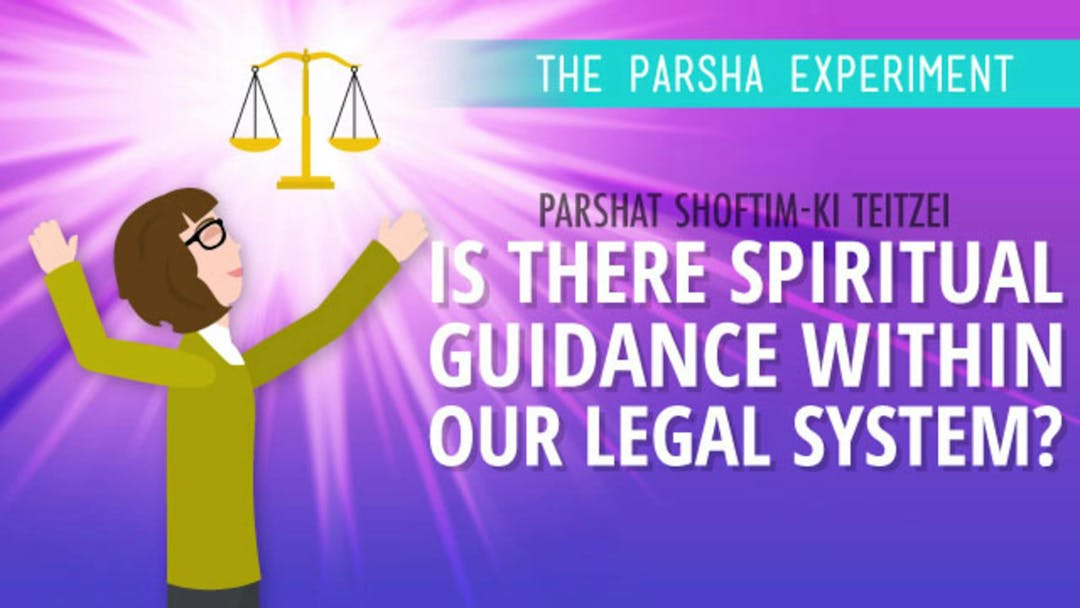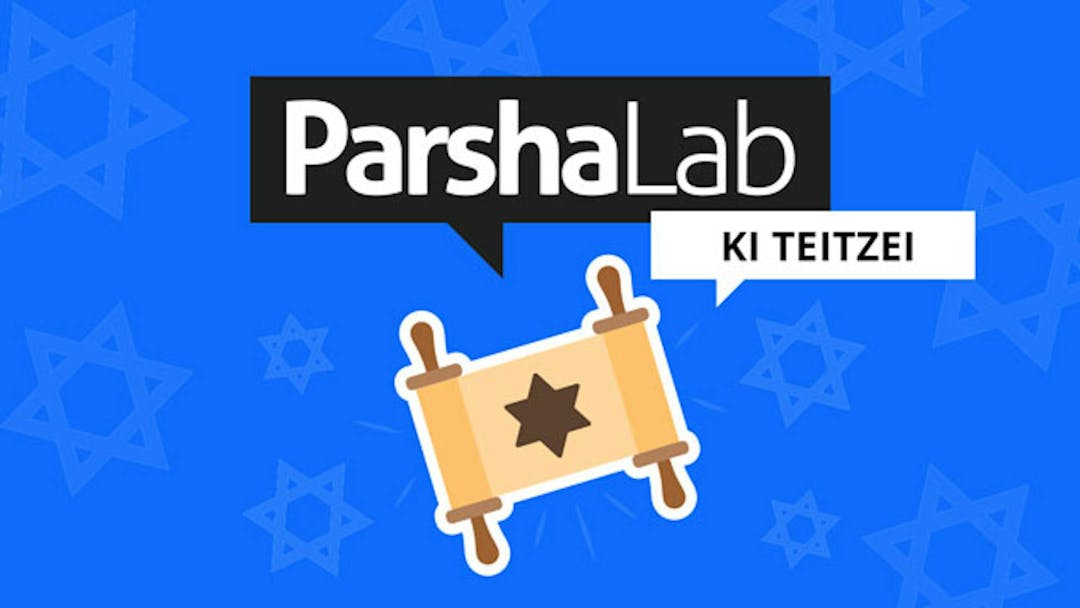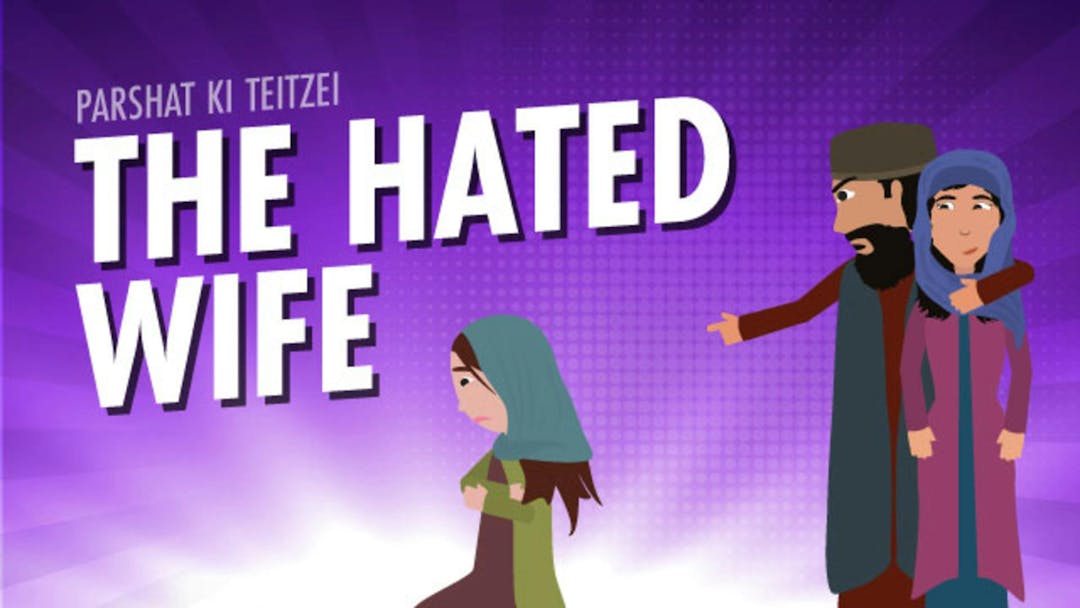Start your free trial today to unlock the full library and enjoy unlimited and uninterrupted access.
Get StartedErasing Amalek...Today?
How To Combat The Evil Of Amalek Today
The mitzvah to wipe out the memory of Amalek is one of the most troubling and confusing commandments in the Torah. How could the same Torah that states that humanity is created in the Divine image, also command us to wipe out an entire nation from the face of the earth? It seems like a brutal and violent command, that doesn't sit comfortably with our religious and moral sensibilities. And in our day and age, when there is no nation of Amalek to speak of, how are we supposed to relate to this mitzvah? Is it just a remnant of an archaic past? Or is there some lasting message, something relevant and important about this mitzvah, even today?
In this video, Ami explores the larger context surrounding the mitzvah of mechiyat Amalek – to erase Amalek's memory. Surprisingly, it turns out that there is another mitzvah that appears just a few verses earlier than this one that also speaks about erasing a legacy. This video explores the relationship between these two mitzvot to uncover a profound and deeply relevant message about the mitzvah to erase Amalek's memory, even in our day and age.
Watch the course mentioned in the video: The Rise of Antisemitism: A Glimpse Into Amalek’s Tortured Soul
Want to watch the full video for free?
Enter your email and we’ll send you a link to watch the full series free.
What is Aleph Beta?
Aleph Beta is a unique kind of Torah library. Led by our founder, Rabbi David Fohrman, we are dedicated to high-level, textual Torah learning for adults that is intellectually and spiritually sophisticated, that enlivens your Jewish practice and helps you forge a deeper connection to God. Whether you’ve been learning in yeshiva for years or you’re just beginning your Torah journey, you’re sure to find something meaningful and surprising waiting for you here.
Browse our library of over 1,000 beautifully produced animated videos, podcasts, deep dive courses, and printable guides. Topics include the weekly parsha, Jewish holidays & fast days, laws & mitzvot, prayers, relationships, big philosophical ideas and more. Have something to say at the Shabbos table that will amaze your family and guests and bring deep meaning into their lives.












